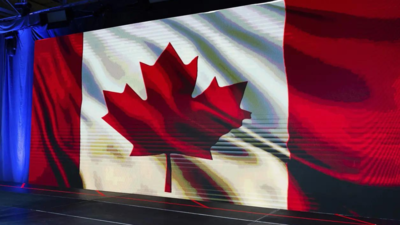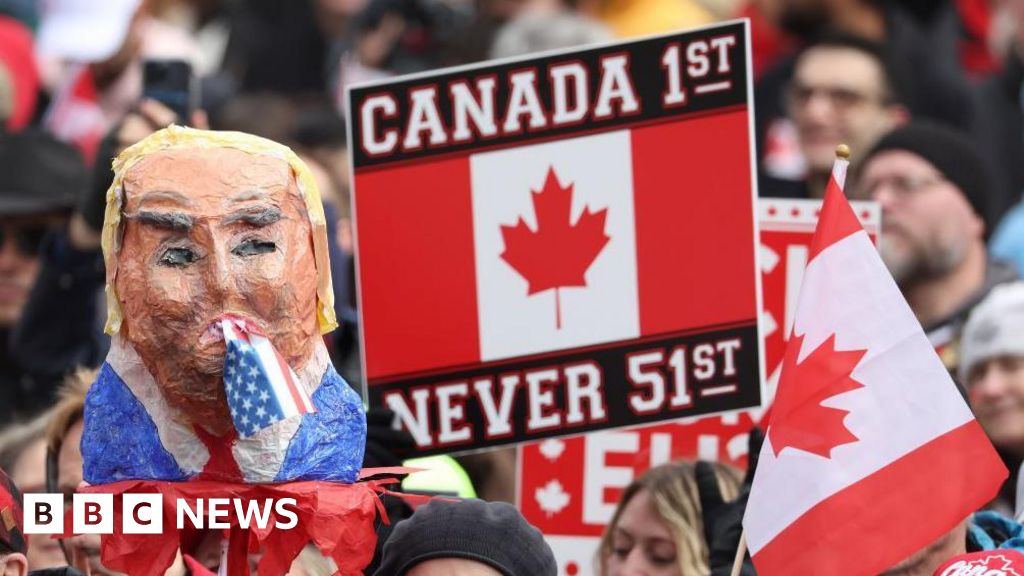Canadians Exempt from New US Travel Fingerprinting Requirement

In a significant update regarding travel regulations, Canadians are exempt from the new fingerprinting rule that applies to all foreign nationals intending to enter the United States and remain for 30 days or more. This development has left many Canadians seeking clarity on how these new travel rules affect them, especially amidst recent changes implemented by the US government.
The new travel regulations originated from an executive order issued on January 20. Under this order, foreign nationals planning to stay in the United States for extended periods are now required to register with the federal government and undergo fingerprinting as part of the entry process. However, a recent confirmation from the Canadian Broadcasting Corporation (CBC), citing the Department of Homeland Security's interim rule published in the federal register, clarified that Canadians traveling to the US will not be subject to these fingerprinting requirements.
Furthermore, the exemptions extend beyond Canadians; permanent residents of the US and foreign nationals holding employment authorization documents, border crossing cards, and both immigrant and nonimmigrant visas are also excluded from these new rules. Even those foreign nationals who possess I-94 or I-94W forms, regardless of whether their admission period has expired, are not required to comply with the fingerprinting mandate.
On a related note, a federal judge in the United States recently allowed the Trump administration to proceed with enforcing these travel regulations, underscoring the importance of compliance. The Canadian government updated its travel advisory last week, warning travelers to anticipate increased scrutiny at ports of entry, including detailed inspections of electronic devices. Travelers are urged to cooperate fully with border authorities; failure to do so could result in denied entry or even detention while awaiting deportation.
This new registration requirement introduces a level of inconvenience for many Canadians who frequently travel to the US for work purposes and have typically done so without any registration processes in place. The confusion surrounding the registration process is further compounded by the differing rules for those entering the US via air travel compared to those driving across the border. Individuals flying from Canada may have already received the requisite I-94 form, which means they do not need to register again if they have previously submitted this form. In contrast, most travelers entering the US by car do not receive an I-94 form upon entry.
According to a US immigration website, an I-94 form is generally required for all visitors, with a few exceptions, including US citizens and most Canadian citizens visiting or transiting. Travelers typically receive an I-94 during the admission process at the port of entry. However, those traveling by land or ferry from select ports can apply for a provisional I-94 in advance, which can streamline the entry process and reduce waiting times.
Therefore, Canadians who plan to enter the US through a land border and stay for 30 days or more must take proactive steps to register themselves. If they do not receive an I-94 form upon arrival, they will need to actively apply for it to comply with the new regulations.


























